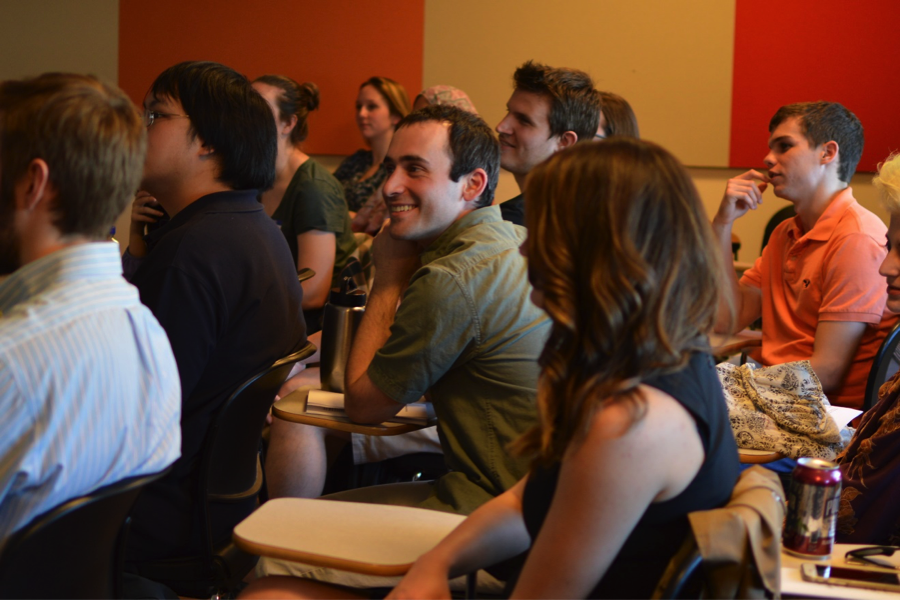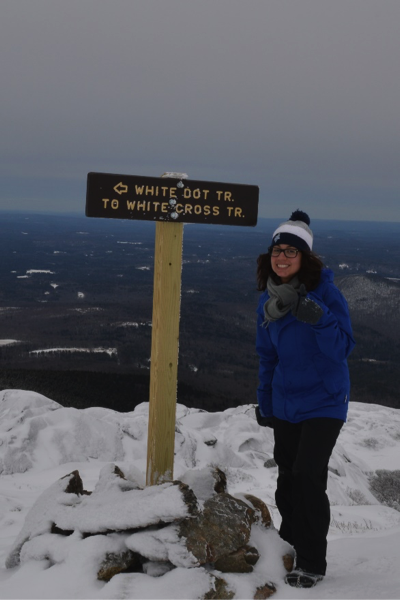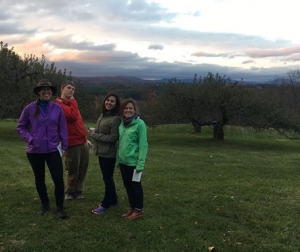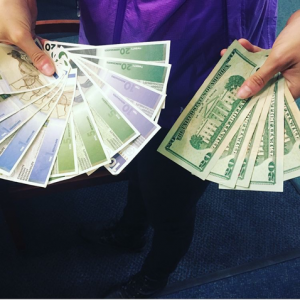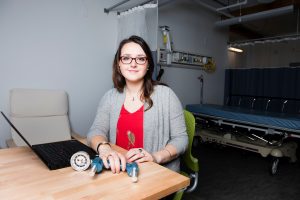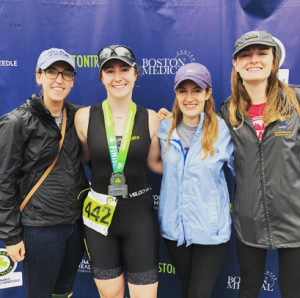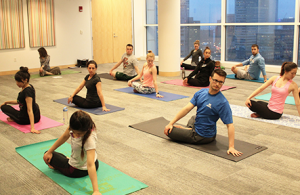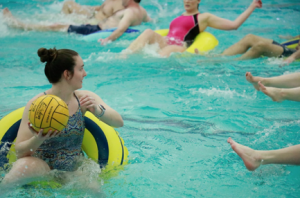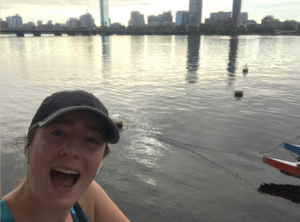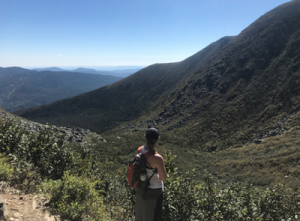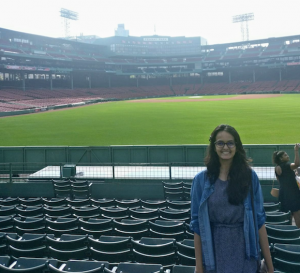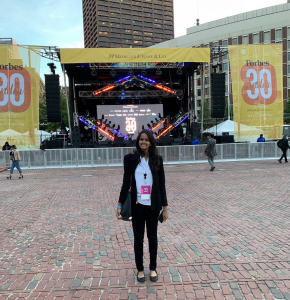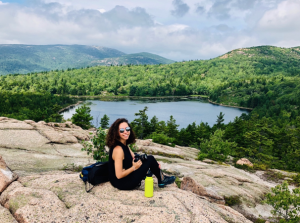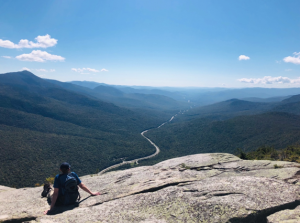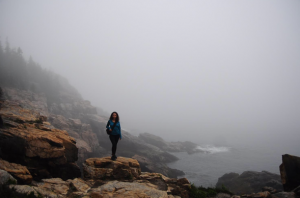Written by Jiali Liu, Philosophy M.A. 2017
Coming to Tufts for philosophy was no minor deviation from what I was doing in college. I majored in English and International Relations as an undergraduate and my school offered no philosophy class (it was a petite institution affiliated with the Chinese Foreign Ministry and it was highly specialized in diplomacy studies). I came to formal contact with philosophy when I was a visiting student at Barnard College in New York. It was a short semester, but that one Intro to Philosophy class intrigued me enormously.
In retrospect, I still could not pinpoint the exact reasons for how that happened—to be shaped by one single class and then make a two-year, or even longer, commitment to the subject matter. Graduate schools are different from college in significant ways. They are more expensive. They are more specialized. They bear more relevance to and influence on one’s future career path and prospects. To make a decision about what to do at when and where for a Master degree sometimes calls for a deep soul search. My own guess is that I was exposed to philosophy in a myriad ways much earlier than Barnard, only that I was not fully conscious of its presence and power of osmosis with time in my thinking and action. I probably felt dissatisfaction with only an answer to how things are and wanted to seek why they are such.

But Tufts? First of all, I knew the program because I had a professor who graduated from here back in 2003. The continuity of tradition and legacy presented itself beautifully and ignited my initial interest in knowing more about Tufts. On the other hand, I did not want to mass-produce a dozen of applications (interestingly graduate schools do not work the same way as colleges in this aspect either: to apply for more places barely increases one’s chance to get into any of them). So I had to concentrate on a few programs that are (1) academically top-notch; (2) not discriminating against non-philosophy majors; and (3) cost-efficient.
According to the Philosophy Gourmet report, Tufts’ Master in Philosophy program is number one in the country. It has the highest faculty quality. It actually invites different majors who are interested and determined in making a career in philosophy and helps them to prepare for a PhD program. And it is generous in money and TA opportunities! I doubt that anyone who has received the Tufts’ offer would decline it unless she has a PhD letter of acceptance from somewhere else. There was another reason equally important to me. I like intimate communities and a close work-together spirit with my cohort. In total, Tufts’ program has around 20 people, including both first and second years. People have plenty of chance to invest in friendships and intellectual connection and graduate students are treated as peers by the faculty and staff.
Choosing Tufts was not nearly as hard a decision as the one on philosophy. It felt almost natural for what has happened to unfold the way it did once I knew philosophy was what I wanted.

